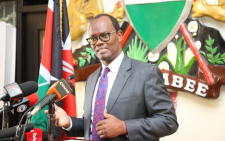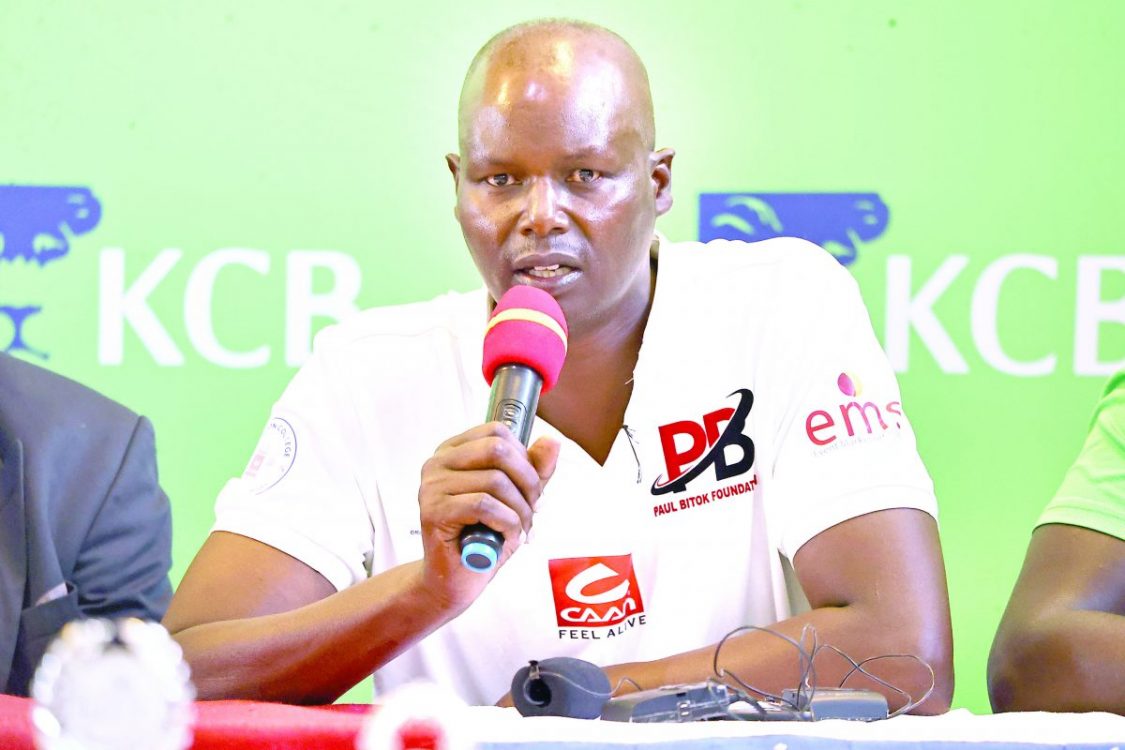Poghisio questions judicial integrity in Gachagua’s impeachment
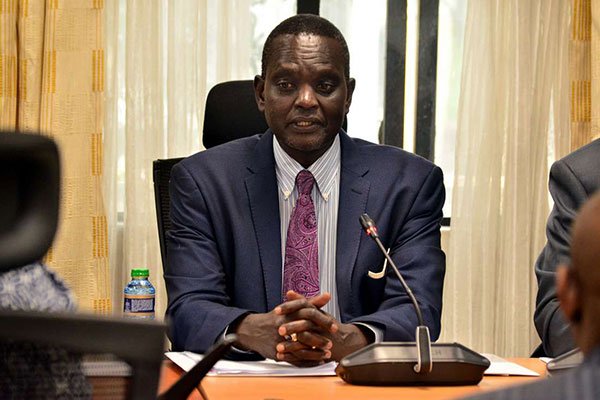
Former Senate Majority Leader Samuel Poghisio has raised concerns over the integrity of the judicial process surrounding the impeachment of former Deputy President Rigathi Gachagua.
Speaking on a local TV show on Monday, May 12, 2025, Poghisio suggested that the entire impeachment process could have been tainted by political manipulation, with a possible overreach into the judiciary.
Flawed judicial process
Poghisio pointed to the role of Deputy Chief Justice (DCJ) Philomena Mwilu in appointing a bench to hear the petition challenging Gachagua’s impeachment.
The DCJ appointed Justices Eric Ogolla, Anthony Mrima, and Fridah Mugambi to the bench, which faced legal challenges from Gachagua and others questioning whether Mwilu had the constitutional authority to make such a decision in the absence of Chief Justice Martha Koome.
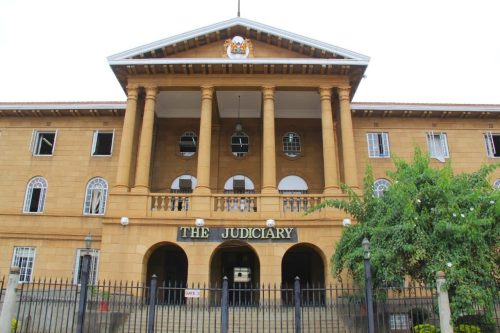
On May 9, 2025, the Court of Appeal ruled that Mwilu’s appointment of the bench did not meet constitutional standards, emphasising that there had been no communication regarding why she had empanelled the bench instead of the Chief Justice.
The ruling quashed Mwilu’s orders and directed that the case be heard by a new bench appointed by Chief Justice Koome. The court also upheld the High Court’s decision to dismiss requests for the recusal of the three original judges.
Judiciary independence
Poghisio expressed concern that the judicial system might have been compromised in a politically charged environment.
He noted that such actions could be seen as attempts to influence the judicial process for political gain, particularly in a high-profile case like Gachagua’s impeachment.
“How could the Deputy Chief Justice or the Supreme Court fail to interpret that a Deputy does not hold the same powers as the Chief Justice to empanel a bench?” Poghisio asked during the interview.
Despite the controversy, Gachagua has expressed confidence that he will secure justice regarding his removal from office. He has repeatedly stated that he believes the judiciary will ultimately come to his rescue and has vowed to continue challenging the ruling administration.
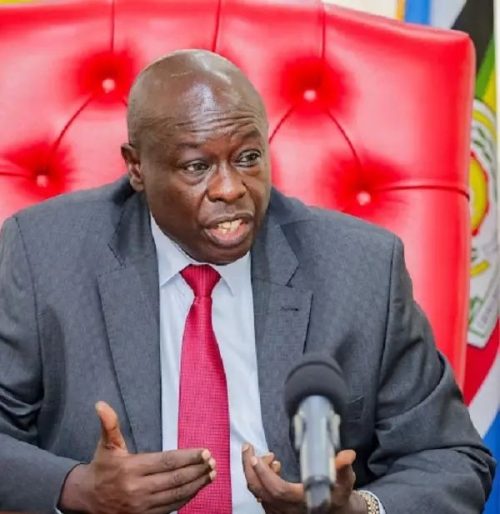
Poghisio echoed Gachagua’s sentiments, stressing that it was crucial for the judiciary to uphold the rule of law without external influence.
Reforms
Poghisio’s remarks come at a time when the impeachment case against Gachagua has sparked a wider debate about the role of the judiciary in political matters.
The decision by the Court of Appeal to quash the earlier bench’s appointment has raised questions about the extent of judicial power in political cases.
This ruling could set a precedent for future cases involving the powers of the Chief Justice and Deputy Chief Justice in appointing judges to hear politically sensitive cases.
In his interview, Poghisio urged the government and relevant authorities to review the judicial process to ensure fairness and transparency.
He emphasised that any actions seen to undermine the judiciary’s credibility could erode public confidence in the legal system, which could have long-term consequences for the country’s democratic processes.

